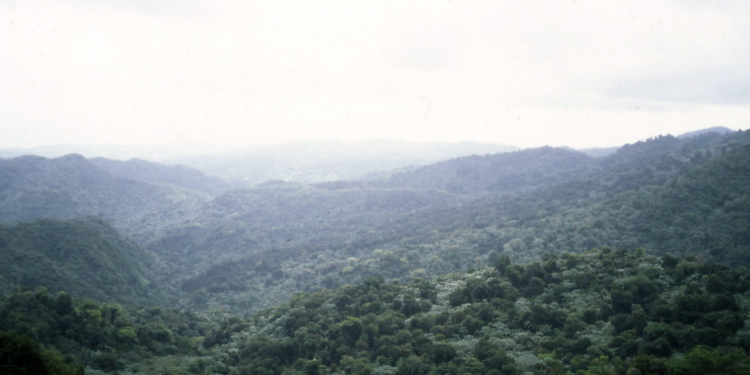The COP28 climate talks will be held in Dubai in November, and this means that we are getting closer and closer to the finalisation and launch of the loss and damage fund. The fund was the most significant breakthrough agreement of COP27, in November 2022, and involved countries agreeing to contribute financially to the recovery of vulnerable nations facing disasters caused by climate change.
The concept of loss and damage finance has been such a breakthrough because it marks the beginning of the new “polluter pays” principle; whereby polluters must take accountability for their damage to the climate.
A new comment piece published in Nature Ecology & Evolution on May 29 by four scientists, three from the International Institute for Environment and Development (IIED) based in the UK and one from International Centre for Climate Change and Development (ICCCAD) in Bangladesh, suggested that the loss and damage fund should focus more on biodiversity loss, because of the current underestimation of its impact on the cultures and economies of the Global South.
Throughout the piece, it was heavily emphasised that rich countries in the Global North have “disproportionately benefited” from the emissions they have released, and that have caused so much damage to more vulnerable countries in the Global South.
It is recognised that when it comes to the detrimental impact on biodiversity, countries in the Global South may sometimes enter into agreements with richer countries to meet their demands (which depend on the consumption of biodiversity) because of how this helps the economy. However, consideration must also be given to the power imbalance here.
The piece acknowledges that there is unequal negotiating power between rich and poorer countries, and between “power commercial interests and smaller farmers or fishers”, which put those living in poverty in the Global South at a disadvantage when it comes to trade deals. Biodiversity loss is sometimes an unavoidable sacrifice that traders in more vulnerable countries may have to make when making deals with the Global North.
According to the piece, these power imbalances “often originate in historical colonial relationships and have become entrenched in neocolonial financial dependency.”
Therefore, it is important that the Global North begins to take accountability for the biodiversity loss in poorer countries in the Global South. Biodiversity loss is an imperative focal point of the comment piece because of the way it “can and does result in economic and non-economic losses for people in the Global South.”
Economies can be damaged by biodiversity loss because of a decrease in crop productivity, a lack of food and nutritional security, and consequently, reduced income and reduced opportunities to trade with natural resources.
Related Articles: Climate Loss & Damage: What Gaps Will the New Fund Fill? | How Much Do Fossil Fuel Giants Owe in Climate Damages? $5,444 Billion, New Study Says | Scotland Continues to Lead the Way on Loss and Damage Funding
Other non-economic losses and damages directly linked to biodiversity loss include a loss of traditional knowledge and cultural values, and possible negative health impacts as well.
In addition to these factors, biodiversity loss makes a country more vulnerable to climate change, which, as the piece highlights, “is likely to lead to further spiralling losses and damages.”
The lead author, Dr Dilys Roe, from the International Institute for Environment and Development in London, emphasised the lack of consideration of biodiversity loss in the current plans for the loss and damage fund, in an interview with The Guardian:
“It’s the most vulnerable, poorest people that are the hardest hit by biodiversity loss and need extra support in dealing with its impacts. That’s the issue…There are these additional losses and damages which aren’t linked to climate change, and aren’t currently taken into account.”
It is clear that biodiversity loss has become a social issue, because of how economies, societies, and cultures in the Global South have been inhibited by an increasing lack of natural resources. We can only hope that this is taken into account in November, when the loss and damage fund is finally launched.
Editor’s Note: The opinions expressed here by the authors are their own, not those of Impakter.com — In the Featured Photo: Deforestation. Featured Photo Credit: Chris Barron.










